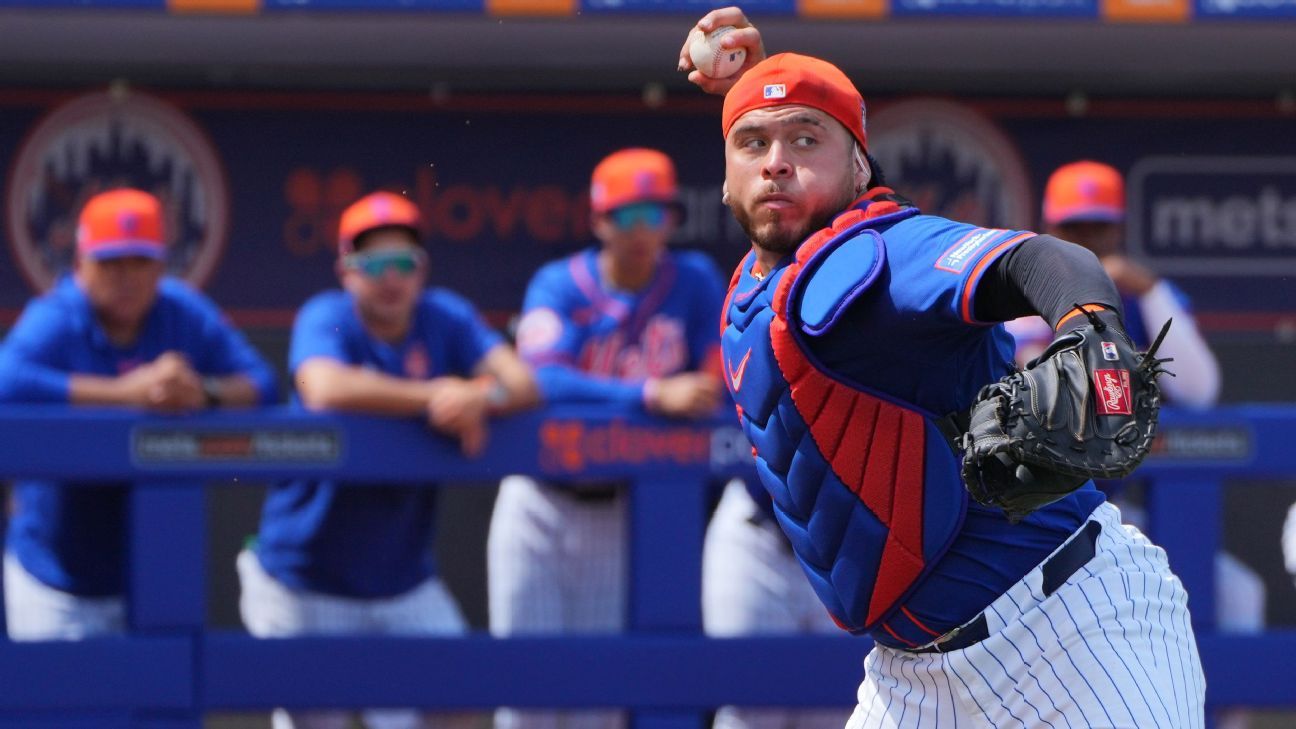
Kibwé Johnson outlines a coaching approach which ultimately requires a lot of patience but will pay great dividends in the long run
What is coaching? Is it mentoring, instructing and showing hungry athletes the best way to achieve their goals or is it allowing them to find their own way, offering guidance and support? For me, it’s a combination of all these things and more. It’s a way of thinking, a way of teaching and a way of life.
I’ve found that learning, as we traditionally understand it, is sterile and largely unhelpful. Learning, the way I approach it, is full of wonder and curiosity.
Lessons learned from kids
Children, especially younger ones, are naturally curious. What parents will find is that supporting the child throughout the learning process, rather than interfering with it, results in the child learning faster, and with a much higher level of impact. When the child is taught, the learning process can be stunted or stopped altogether.
In Carl Rogers’ Freedom to Learn, he shares an example which points out that a five-year-old dropped into a foreign country and allowed to play freely with no language instruction at all will learn the language in a few months. When a similar child is instructed in the new language, however, learning is tremendously slowed, if not stopped.
Athlete-centred coaching
Athlete-centred coaching means involving the athlete in their own coaching process – that athletes must play an active role in their own education, relying on themselves to learn as much as relying on their coach.
The goal of athlete-centred coaching is to foster meaningful learning, not just telling an athlete what to do and expecting obedience.
There is value in teaching the foundations of biomechanics from the over-saturated industry of “how to come out of the blocks, how to go over the hurdle, how to develop an effective power position”, and so on. I am suggesting adapting the lessons to the athlete.
Coaching also requires an ability to take students out of their minds and into reality. Simply reading and memorising does not get the job done. As coaches, we must facilitate in a way that most effectively guides the athlete to that end.
This is where a coach’s ego can get in the way. Many coaches want their athletes to learn what they know but our job is to find the “hows” and the “whys” to get athletes actively participating. We need to find the things and motivations to help them along their way.
Kibwé-Johnson coaching (SPIRE)
How to avoid coaching pitfalls
How can you coach like this in a sport where the biomechanics of human movement are well established? Remember, athlete-centred coaching is about facilitating meaningful learning. This does not require that the “what” they are learning to be changed in any way.
Why is athlete-centred coaching so important for athletics? Because when most of the material is not of personal interest, what is memorised is mind-only. Whole learning, especially in sport, is a complete body/mind experience. SPIRE Institute & Academy, for instance, is a destination to develop the whole person who both goes to school and participates in athletics.
An effective athlete-centred coach
Being effective in athlete-centred coaching means being secure enough to relinquish the assumed control of a coach and believing that an athlete’s interest in their own well-being is deeper than you know.
You will find that communication improves when athletes no longer wait to be told what to do next. They ask questions and become more invested in their own success. They will also learn that failure isn’t final; it’s an opportunity to learn. To be successful, one does not need to be infallibly self-assured, but rather to believe in themselves and remain committed to the process.
Achieving the desired results with this method may take much longer, but be patient and work with them. Forcing an athlete into this coaching style is just as problematic as sticking to traditional methods.
Lessons Learned from a decade of athlete-centred coaching
I am not here to impose my will on my athletes, I’m here to facilitate the athlete finding their own will and having their own experiences, which then become meaningful. This co-operation between athlete and coach enables athletes to take more ownership of their activity.
The athlete-centred approach is self-directed, focusing on the “how”, and if we remove any potential for athletes to realise things for themselves, we miss out on transformative opportunities.
I believe the reason more coaches don’t embrace athlete-centred coaching is time. Regardless of level, there is an enormous emphasis placed on how fast an athlete learns. This is problematic because the puzzle of discipline is that it’s in our nature to resist enforced conformity. In athlete-centred coaching, the interaction between coach and student athlete completely changes. You are no longer viewed as an adversary, but a shepherd of their interests.
Connect with your athletes
The key to connecting with your athletes is to make it personal.
Design: Create a training plan by asking the athlete what their goals are and how they plan to reach them.
Evaluate: Observe with an open mind and adapt and adjust accordingly. Are you connecting with the athlete? Why or why not? There is no “correct” way, but an infinite number of ways brought about by your genuine interest in what the athlete is doing.
Connect: Athlete-centred coaching is, after all, about the athlete. Connect with them in what they want to learn, how they want to learn and why they want to learn it.
Support: It is important to be in a situation where you have the trust of a head coach, director or group that you must report to. If you don’t think, or don’t know, if this would be welcomed, my suggestion is to simply ask. You may be surprised by the reaction you’ll get.















 Phone: (800) 737. 6040
Phone: (800) 737. 6040 Fax: (800) 825 5558
Fax: (800) 825 5558 Website:
Website:  Email:
Email: 






